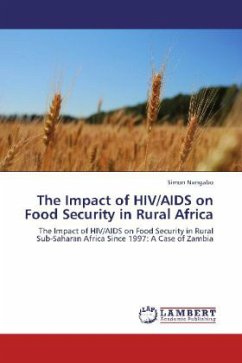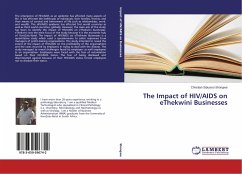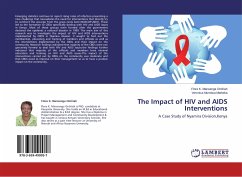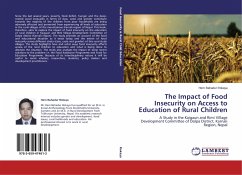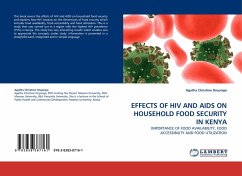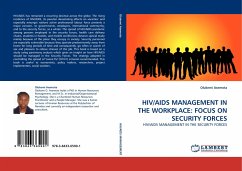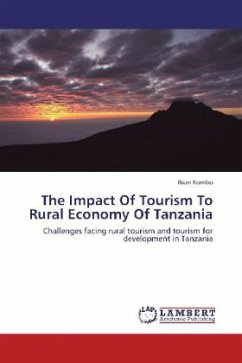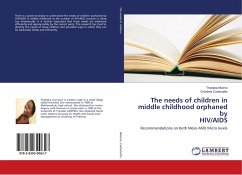This book seeks to establish an understanding of how HIV/AIDS affects food security in rural communities of Sub-Saharan Africa. Zambia is used as a case study because it is one of the countries most affected by the HIV/AIDS epidemic in sub Saharan Africa and the world. Besides exploring the impact of HIV/AIDS on food security, the book seeks to examine the relationship between coping with HIV/AIDS and food insecurity and how responding to each of them affects the other. The book further seeks to examine whether there are particular obstacles for women in rural Zambia to attaining Antiretroviral drugs, and whether the ARV health strategy is an effective way of supporting women who are coping with both the HIV/AIDS epidemic and food insecurity. Findings of this study may be used by policy makers in Africa and other countries, researchers and Non-Government Organisations (NGOs) as a basis for policy review and change, and further research.
Bitte wählen Sie Ihr Anliegen aus.
Rechnungen
Retourenschein anfordern
Bestellstatus
Storno

